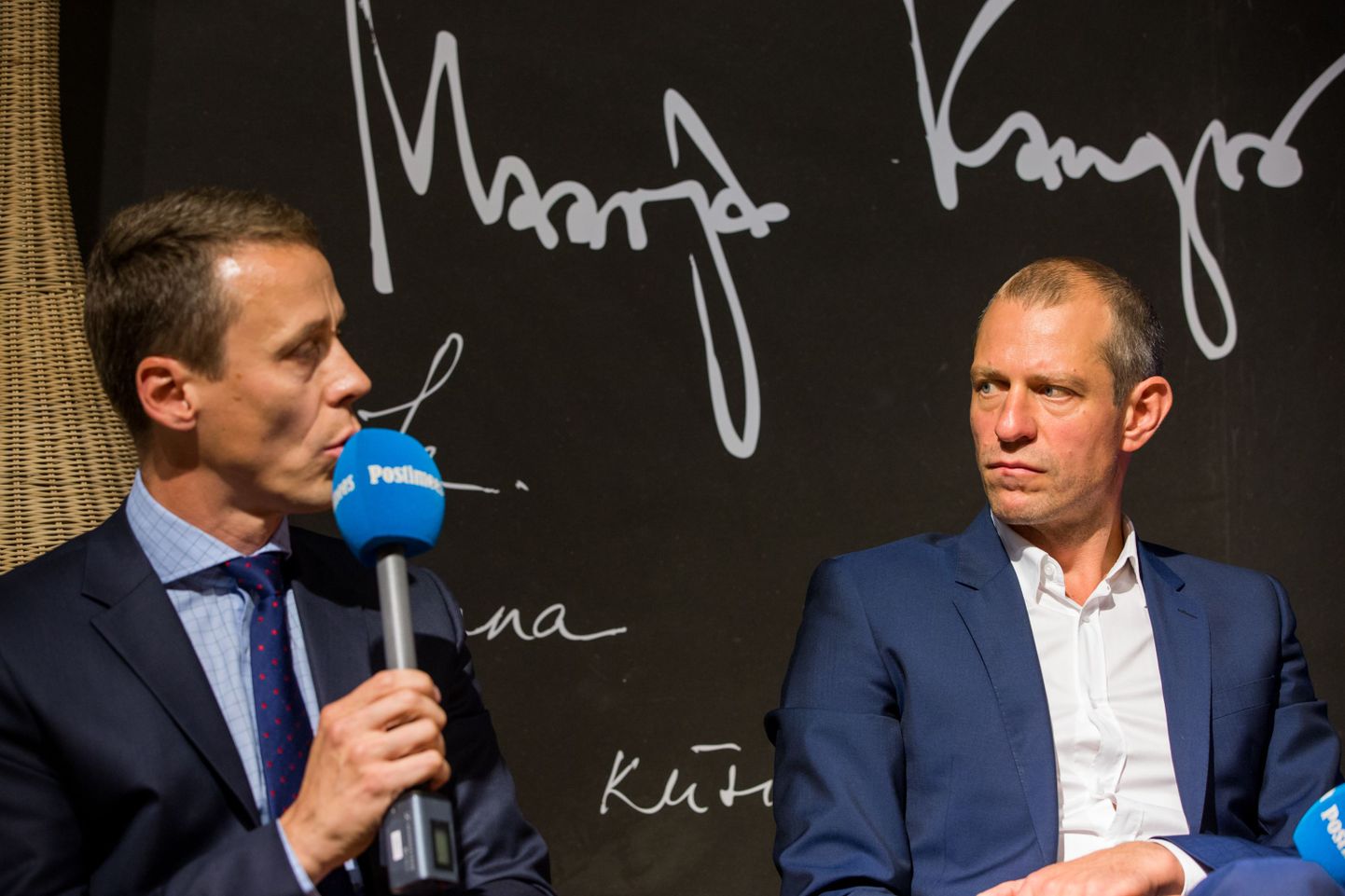The single holding company would consolidate Port of Tallinn, Estonian Railways, EVR Cargo, Estonian Pilot, Saarte Liinid, Tallinn Airport, and Estonian Maritime Administration’s ship traffic management department, says the plan. On top of that economy and communication ministry (MKM) ponders an intermediary company possessing holdings of Estonian Railways and EVR Cargo and representing Estonian Railways in talks with Russia.
The holdings would be managed the way a parent company manages a group i.e. having power of decision in one or several other subsidiaries. The holding company would employ CEO, finance director, bookkeeper and a couple of economists; also, internal audit departments of port, railway, airport and EVR Cargo would be subjected to it. It should also be analysed if it would be prudent to grant the holding company such functions as sales, marketing and other support functions.
The ministry thinks such consolidation of holdings would allow separation of business management and political management. MKM says management should happen through a professional council the members of which are elected in a transparent manner. The unit would be a link between political and business management.
The holding company’s estimated yearly management costs would be €700,000. At initial MKM assessment, €900,000 would be saved by joint support services, joint procurements, and better price of borrowing, thus covering the additional costs of establishing the company.


